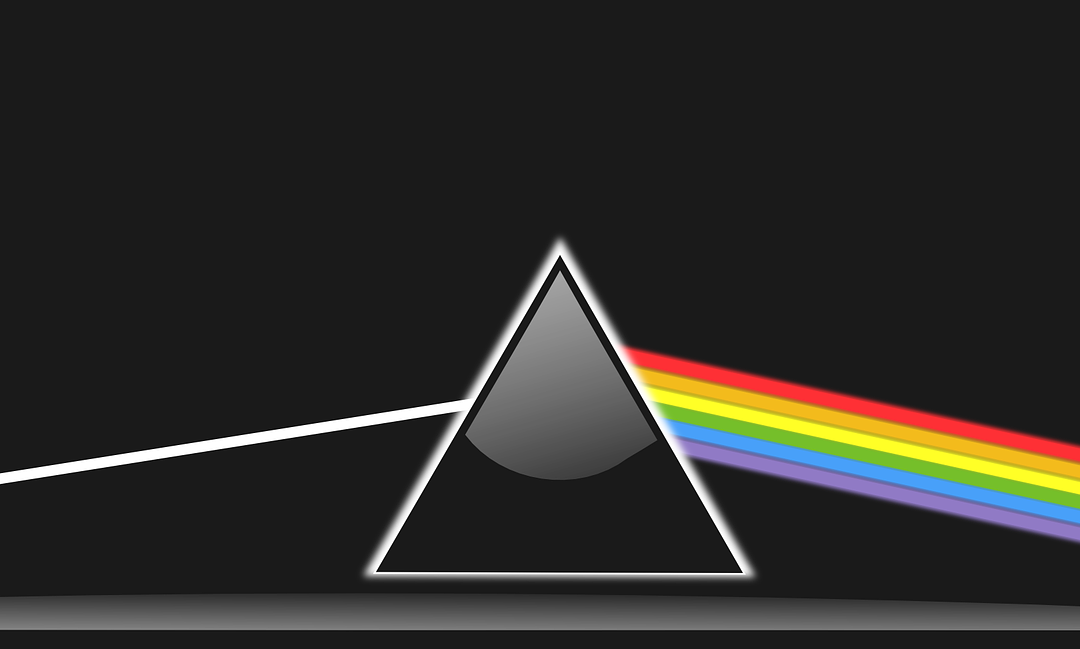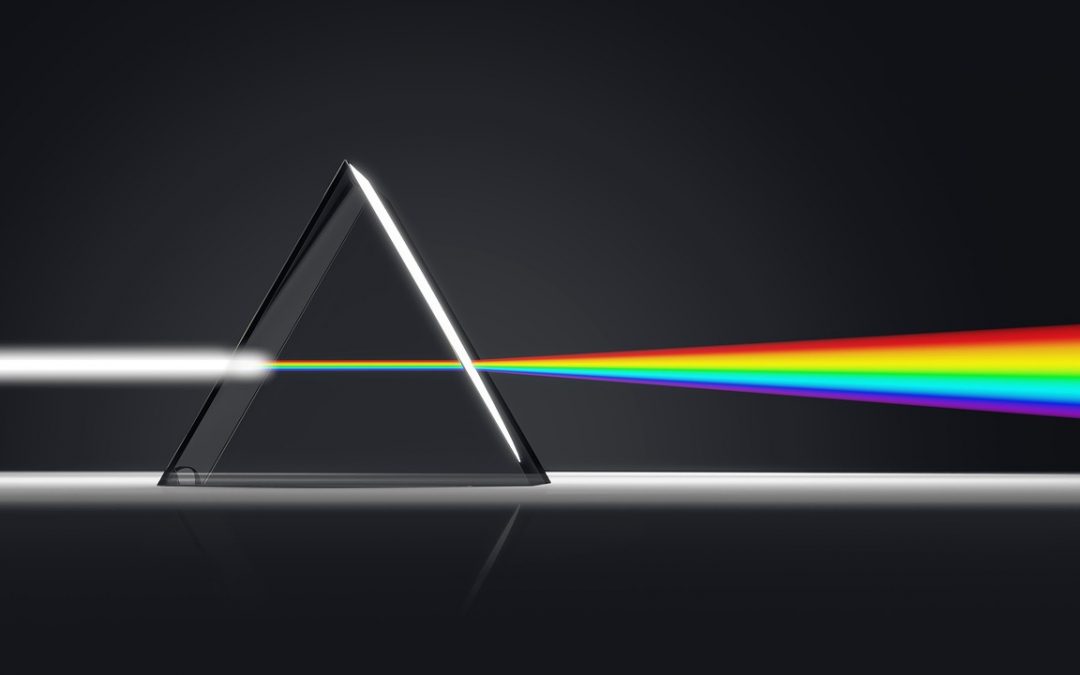
Spectrum of Distinctiveness – Suggestive Brands
It’s summertime! And we all know what that means—we celebrate the spectrum of distinctiveness! My friends just came back from the Grand Canyon. Their pictures made my jaw drop. I know, if only the gap between descriptive and suggestive brands were that big.
Suggestive brands are one step above descriptive brands and are the lowest category of brands which are considered inherently distinctive. Suggestive brands suggest specific qualities and traits of the good or service—like “Grandma’s” for cookies.
Arguing that a brand is suggestive and not descriptive could be one of the most important acts taken by brand counsel. So many brands you see in our community fall in this uncomfortable zone. I’ve helped dozens of brands across this line.
Crossing the divide between descriptive and suggestive is like crossing the Grand Canyon on a tight rope—you better not misstep. Next time you return from vacation, consider whether your brand is suggestive or descriptive, then hire me to be your brand tour guide.




